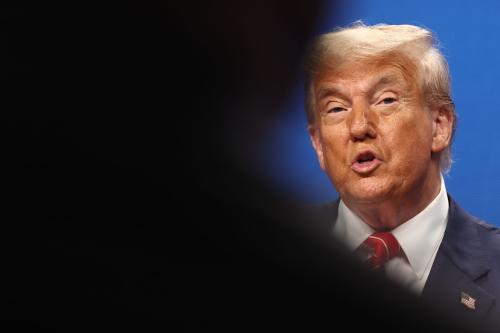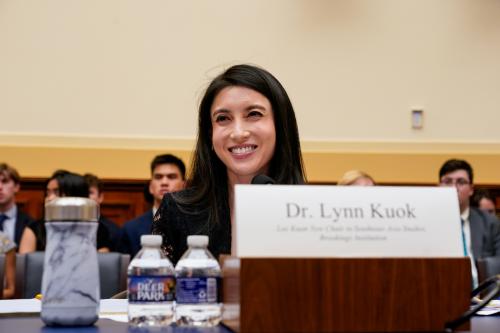Introduction
Secretary of State Colin Powell Secretary of State Colin L. Powell traveled to Japan, the Peoples Republic of China, and the Republic of Korea from October 22 to October 26, 2004. According to the State Department, the purpose of the trip was to hold discussions with senior officials in the three countries on bilateral matters, regional security and stability, and issues such as the global war on terrorism, Iraq, North Korea and the Six Party Talks. In Beijing, Chinese Foreign Minister Li Zhaoxin said, “The Korean nuclear issue is complicated and demands patience, flexibility and congeniality from the parties concerned. We wish the US side would go further to adopt a flexible and practical attitude on the issue.” In Seoul, ROK Foreign Minister Ban Ki-moon said he proposed that all countries involved develop a “more creative and realistic” offer to encourage the North to return to the negotiating table and said Powell also “agreed to this.” Powell did not make a direct comment about Ban’s remarks, but later suggested he disagrees with what Ban said. Yonhap reported that Powell said, “We have a good proposal on the table. We modified it for the third round of six-party talks, showed flexibility and tried to accommodate the interests of other parties, the way to move forward is to have the next round of six-party talks, so that we can discuss that proposal and not have a negotiation with ourselves in a press conference.”
What is clear is that the major players in the Six-Party process are not satisfied with the direction and position that the United States has taken regarding the current nuclear crisis.
View Full Paper (PDF—85kb)
The Brookings Institution is committed to quality, independence, and impact.
We are supported by a diverse array of funders. In line with our values and policies, each Brookings publication represents the sole views of its author(s).


